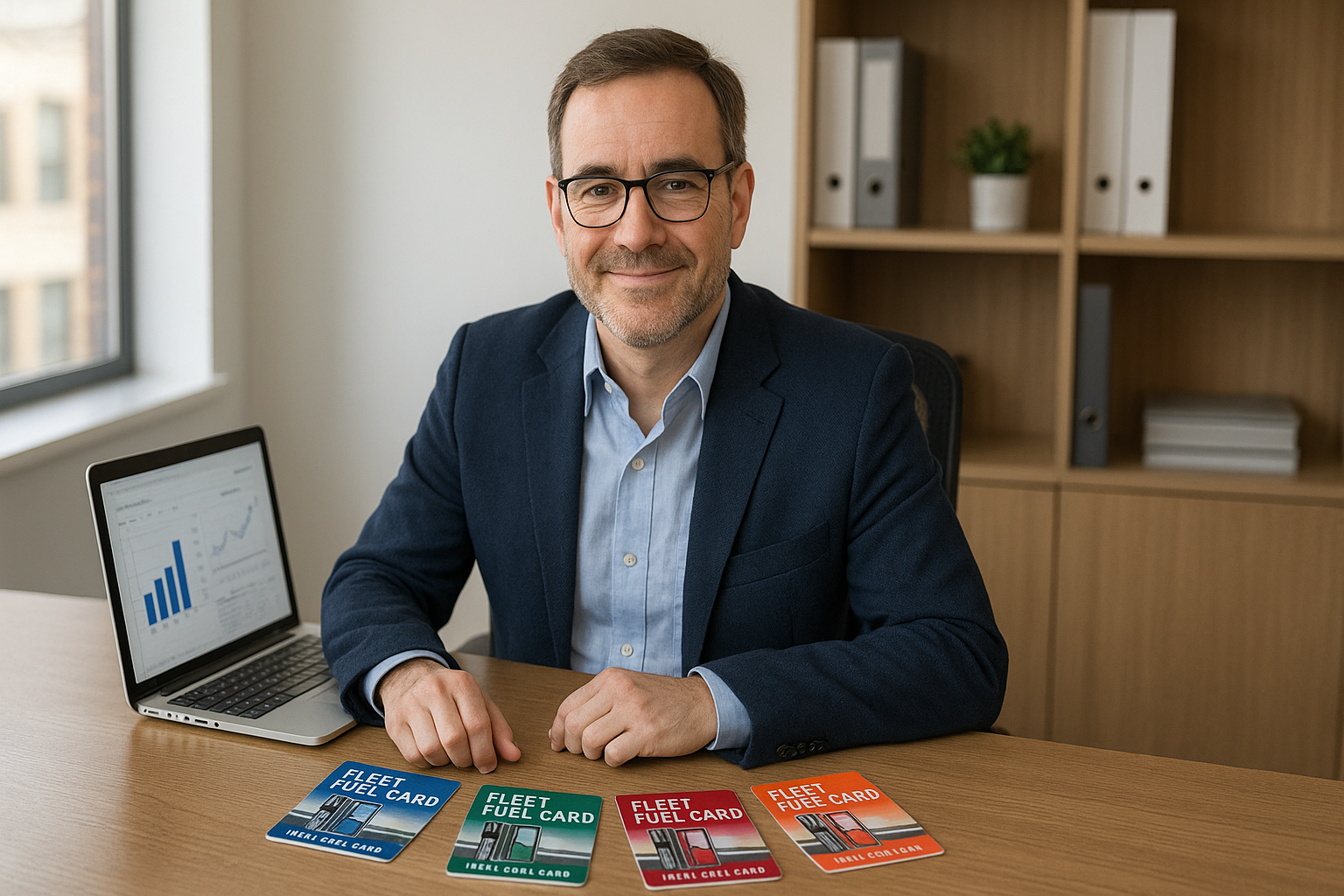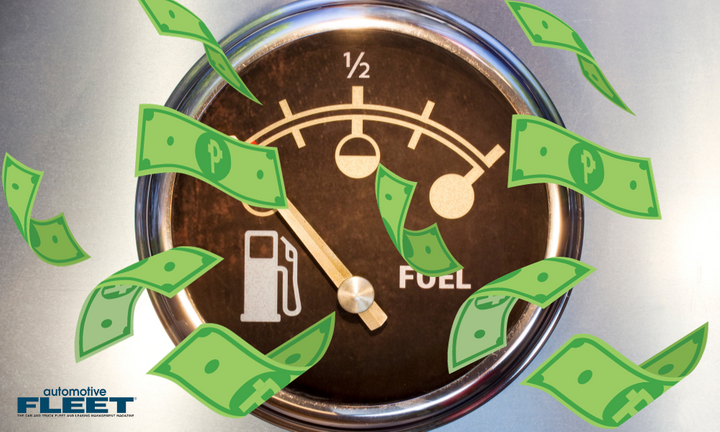Torben Robertson
4 mins
Why CFOs are choosing FAVR in 2025
Outsourced FAVR plans save companies money by finding efficiencies in vehicle programs. This is more urgent in 2023 than ever before.

Follow us on LinkedIn
Our PageFAVR stands for “fixed and variable rate” reimbursements. It is a way of repaying drivers who use their personal vehicle for work. The IRS sets the standards for these reimbursements. Cardata specializes in running business vehicle programs that comply with FAVR regulations.
Cardata refers to their most common business vehicle program as a “FAVR program”. CFOs appreciate the cost efficiencies realized by programs like this one. A reimbursement provider like Cardata optimizes company vehicle programs, making them cheaper and more efficient.
Depending on which vehicle program your company currently uses, your savings will vary. Common programs are fleet, car allowance, and cents per mile. Many clients, who transition from one of these alternatives to a Cardata FAVR plan, save 30% on the overall cost of their program.
Fleet
Less is spent on a FAVR program than on fleet because fleets are entirely company-owned and operated. FAVR reimbursement programs reimburse employees to use their own vehicle. Traditional fleet costs include:
- Procuring the vehicle fleet
- Paying staff to manage the fleet
- Paying for all repairs and insurance
- Paying for cars even if they are sitting unused on company lots
- Having more cars than necessary when business slows, like it did during Covid
- Eating the costs of devaluation
- Losing time and money on resale
Losing the fleet also lowers risk: employees become the primary insurers of their own vehicles, and take responsibility for all driving risk when they are not at work. Accidents and insurance are costly, so CFOs welcome this bonus risk reduction.
Car allowance
CFOs often find FAVR reimbursements more appealing than paying car allowances.
Car allowances do empower employees to supply and drive their own vehicle for work. However, because an allowance is paid together with a paycheck, and is not grounded in actual expense data, the IRS taxes it. Tax waste is borne by employers and employees alike.
For example, from FICA payroll tax alone, companies and drivers lose a combined 15.3% of the total allowance. On an annual allowance of $3,600,000 (500 drivers with a monthly allowance of $600) drivers and employers lose $550,800. Why needlessly flush away half a million dollars? Put this money in your drivers’ pockets instead; reinvest this money in your organization.
Cents per mile
Cents per mile programs cost more than FAVR plans too. They are not data-driven, because they are fixed per-mile reimbursements paid to drivers no matter where they live. In 2023 it is ¢65.5 per-mile in the US. However, this figure is only the maximum that can be paid without a tax burden. FAVR programs allow the calculation of what really should be paid.
They do so by creating flexible repayment structures that permit regional reimbursements. Driver populations do not all incur the same expenses when driving, and a FAVR program, when properly organized, reflects their actual costs of driving.
Cardata implements this system by pulling regional data for a variety of expenses, like fuel costs and insurance premiums. Then, we reimburse drivers fairly for their fixed costs like insurance, and their variable costs like fuel. The two figures combined—when we place clients on a 100% tax-free program—never exceed ¢58.5 per mile.
Conclusion
The last two years have proven that companies need to be agile and efficient. A FAVR program confers agility and efficiency on business vehicle operations.
If your company has a fleet, you run the risk of it sitting unused on a lot, depreciating and decaying. If you pay a car allowance to your employees, but extenuating circumstances prevent them from driving, money is wasted.
2023 is the perfect year to implement a responsive, data-driven vehicle program, like Cardata’s FAVR plan. To learn more about our software, book a discovery call with us.
Share on:


